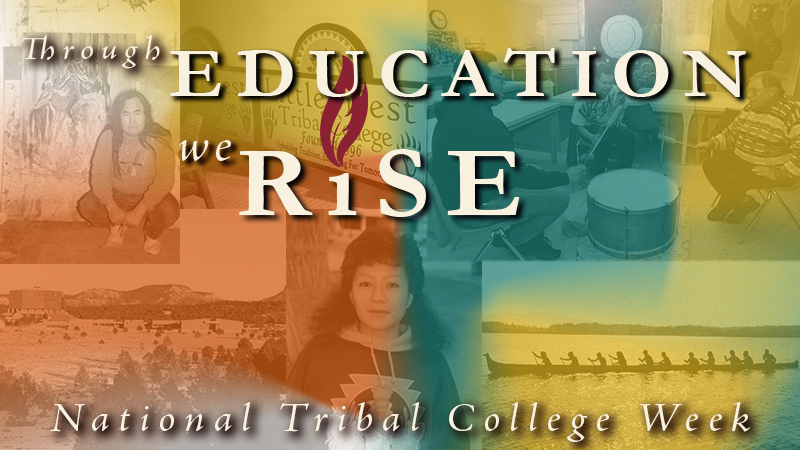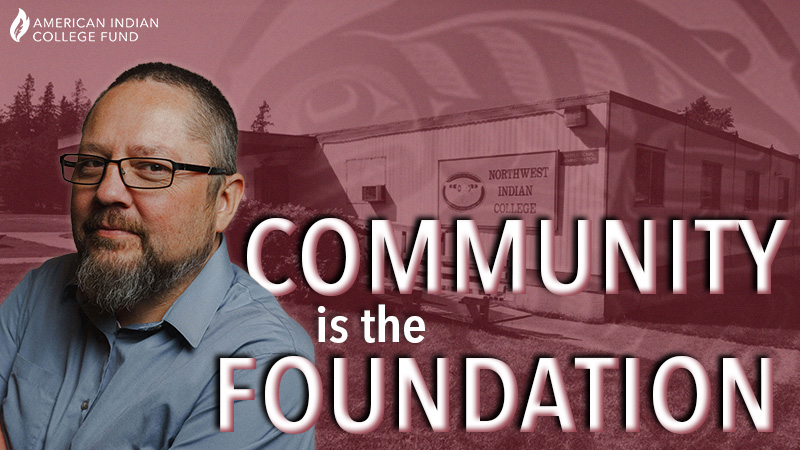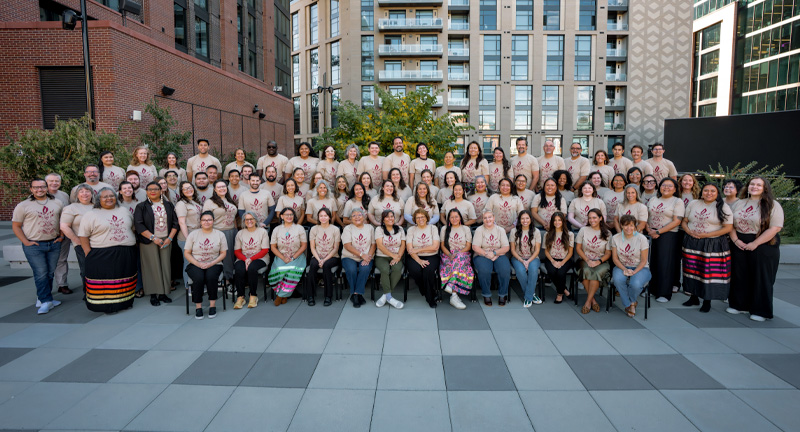Groundwater contamination, erosion, lack of access to healthy foods, and poor air quality are just some of the environmental concerns facing American Indian communities across the United States. Yet indigenous people have long held specialized knowledge that can lead to unique solutions to these challenges. The American Indian College Fund (the College Fund), whose motto is “Education is the answer,” will address environmental issues in Native communities through education with the launch of the 3-year, $1.35 million Scholarly Emergence for Environmental Design and Stewardship (SEEDS) program across the diverse bio- and eco-systems in the Upper Midwest and Montana.
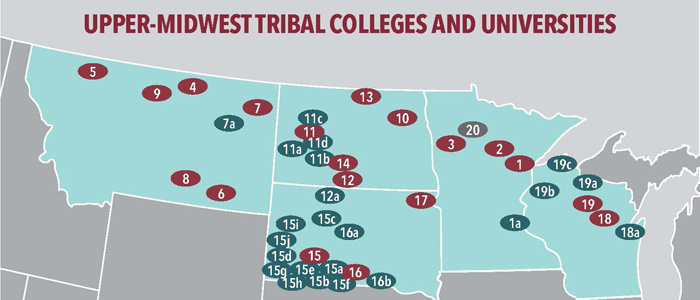
The SEEDS program will support TCUs located in Wisconsin, Minnesota, North Dakota, South Dakota, and the grasslands region of Montana (click to enlarge map)
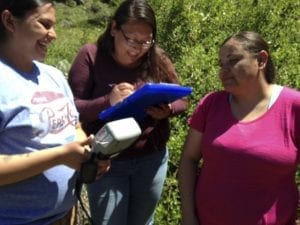
Interns at Little Big Horn College collect data during one of their research projects.
The SEEDS program will support tribal colleges and universities (TCUs) located in Wisconsin, Minnesota, North Dakota, South Dakota, and the grasslands region of Montana that are serving Native communities to build and strengthen curriculum in the environmental sciences and related fields, while integrating place-based and inter-generational community knowledge for the preservation and restoration of Native lifeways. The program will also help TCUs develop faculty; create degree programs; and implement processes to ensure student success.
The College Fund supports TCUs as higher education centers of the American Indian nations they serve and understands their potential to develop tribal environmental leaders in sustainability initiatives by offering the necessary academic preparation, research opportunities, and career work experiences for Native communities. Educated and trained experts in these fields can then address environmental issues facing American Indian communities through initiatives grounded in research and data.

University of New Mexico’s Indigenous Design and Planning Institute Director Ted Jojola and Program Specialist Michaeala Paulette Shirley make a presentation to the program in New Mexico.
The Scholarly Emergence for Environmental Design and Stewardship (SEEDS) program is made possible, in part, by a grant from Margaret A. Cargill Philanthropies.
Cheryl Crazy Bull, President and CEO of the American Indian College Fund, said, “As indigenous people, we strive to be responsive in our relationship with our grandmother, the earth, and with all of her resources. Providing education, research, and outreach services to our tribal and rural students and their communities means that we are not only responsive, but we are leaders sharing our knowledge so that we can all live healthy, productive lives together. The College Fund is honored to have this partnership with the Margaret A. Cargill Philanthropies and our tribal colleges to support sustainability and economic development.”
For program and application information, contact Kai Teague at 303-426-8900 or KTeague@collegefund.org.

